New for December
Many music lovers miss the sound from vinyl pressings.
Many others have yet to discover how pleasant the sound can be.
Most of our albums are mastered from vinyl LP pressings and earlier
recordings (before 1953) from 78 rpm discs. It is our ability to
recreate, in the digital age, the sound from the disc era that many of
our customers find most enjoyable.
Unlike modern digital recordings tracks in our
albums do contain some distortion, and the occasional surface noises,
but for many listeners these "defects" are soon forgotten.
|
Our albums are available from many download sites.
We highly recommend downloading from to
Qobuz where you can download or stream in high quality, for
the
same price as iTunes medium quality.
Here are some best selling Beulah
albums at Qobuz.
|
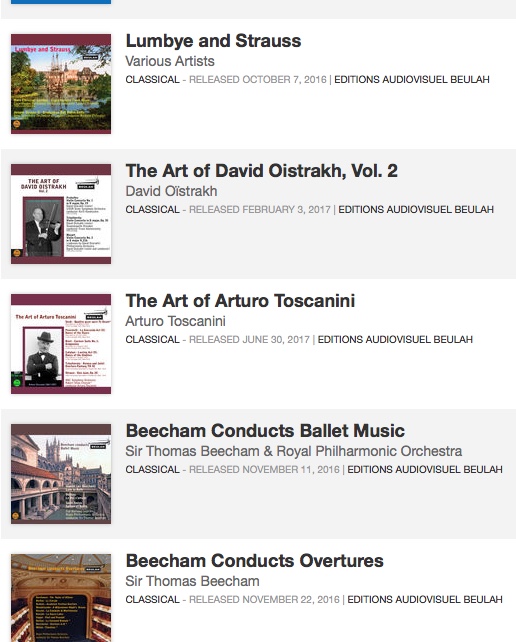 |
New downloads
What the Critics Say
" The 1951 SULLIVAN concoction ballet Pineapple Poll, ... is especially
delightful when performed by its begetter,
Sir Charles Mackerras. Beulah have already reissued the Eastman Wind
Ensemble recording of the suite but their new reissue is better still,
especially when coupled as it is here with that other Mackerras
confection, this time from VERDI, The
Lady and the Fool. There’s a budget-price Classics for Pleasure
coupling of both suites with Mackerras and the LPO, but the Beulah
reissue on 1PS10 restores the Royal Philharmonic Orchestra (1962,
ADD/stereo) and the Philharmonia (1955 ADD/mono), both with Mackerras.
It’s due for release in March 2017.
"
This definitive account of Pineapple
Poll when first released and again when reissued took a whole
LP, as did The Lady and the Fool
in 1956. With more generous selections than on the CFP album – the
complete Lady, not just the
suite – Beulah give us over 97 minutes. The 1962 recording has come up
as fresh as paint and the 1955 is very good for its age, clear if a
trifle dry and with a touch of end-of-side insecurity in the Epilogue. "
Brian Wilson at MUSICWEB
INTERNATIONAL where you can read the full review
|
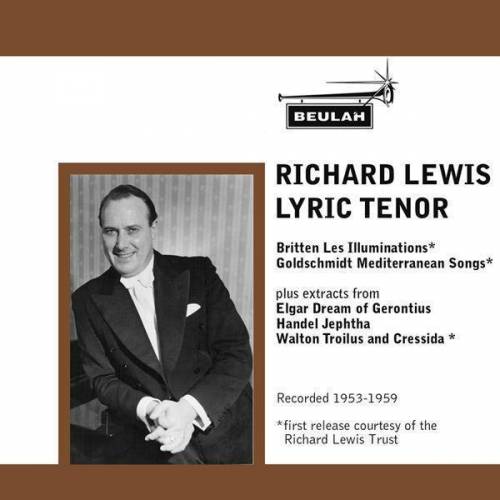
|

|
"A more significant memorial to (Tibor) Paul’s work
in Australia is a 1957 performance of Britten’s Les Illuminations,
in which the tenor soloist was Richard Lewis. The performance was given
in Melbourne, with Paul conducting the Victoria Symphony Orchestra. The
recording is clear but with some distortion on Lewis’s heavier notes.
Those who find Peter Pears’s timbre too strangulated to compensate for
his artistry will surely welcome Lewis’s fuller tone, though he, too,
has a looser vibrato than one might wish. Paul conducts with a good
deal of point. Since the tempi seem perfectly gauged to Lewis’s voice,
and in the absence of any other recorded
performance by Lewis, there is no reason to suppose that Paul had
anything to do with the fact that this, at 25’ 09”, could be the
slowest performance on record. The Pears/Britten takes 22’ 16”; Pears
with Colin Davis live at the Concertgebouw in 1966 has a virtually
identical timing. This may be a natural consequence of Lewis’s fuller
timbre, though we can hear, as early as the violin solo that concludes
“Fanfare”, that Paul was inclined to tweak the music towards Mahlerian
post-romanticism. Despite Britten’s later insistence that the cycle
should be sung by a tenor – it was originally sung by the Swiss soprano
Sophie Wyss – my own favourite is Suzanne Danco. Backed by Ernest
Ansermet’s magical, and unromantic, ear for texture, this 1953 Suisse
Romande performance is a wonderful celebration of light and,
incidentally, possibly the fastest ever, at 20’ 22”. Again, the tempi
may be a consequence of a light vocal timbre and an easy technical
fluency. There is no sense of hurry, any more than there is any sense
of heaviness in the Lewis/Paul version."
Christophr Howell at
Musicweb International
Music for Christmas
|
8PD12
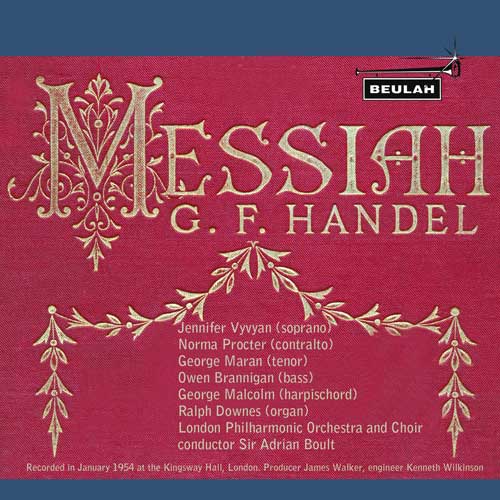
|
 |
|
1PDR18
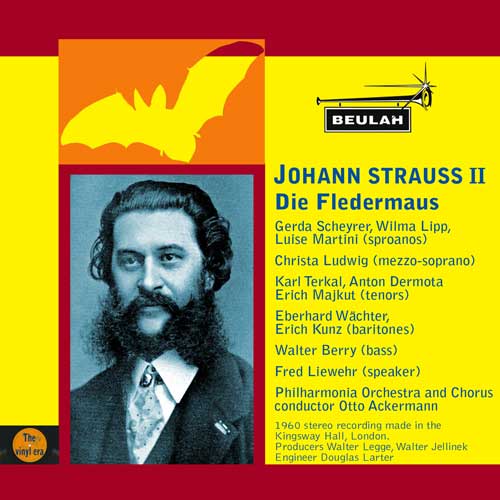
|


|
|
1PD65
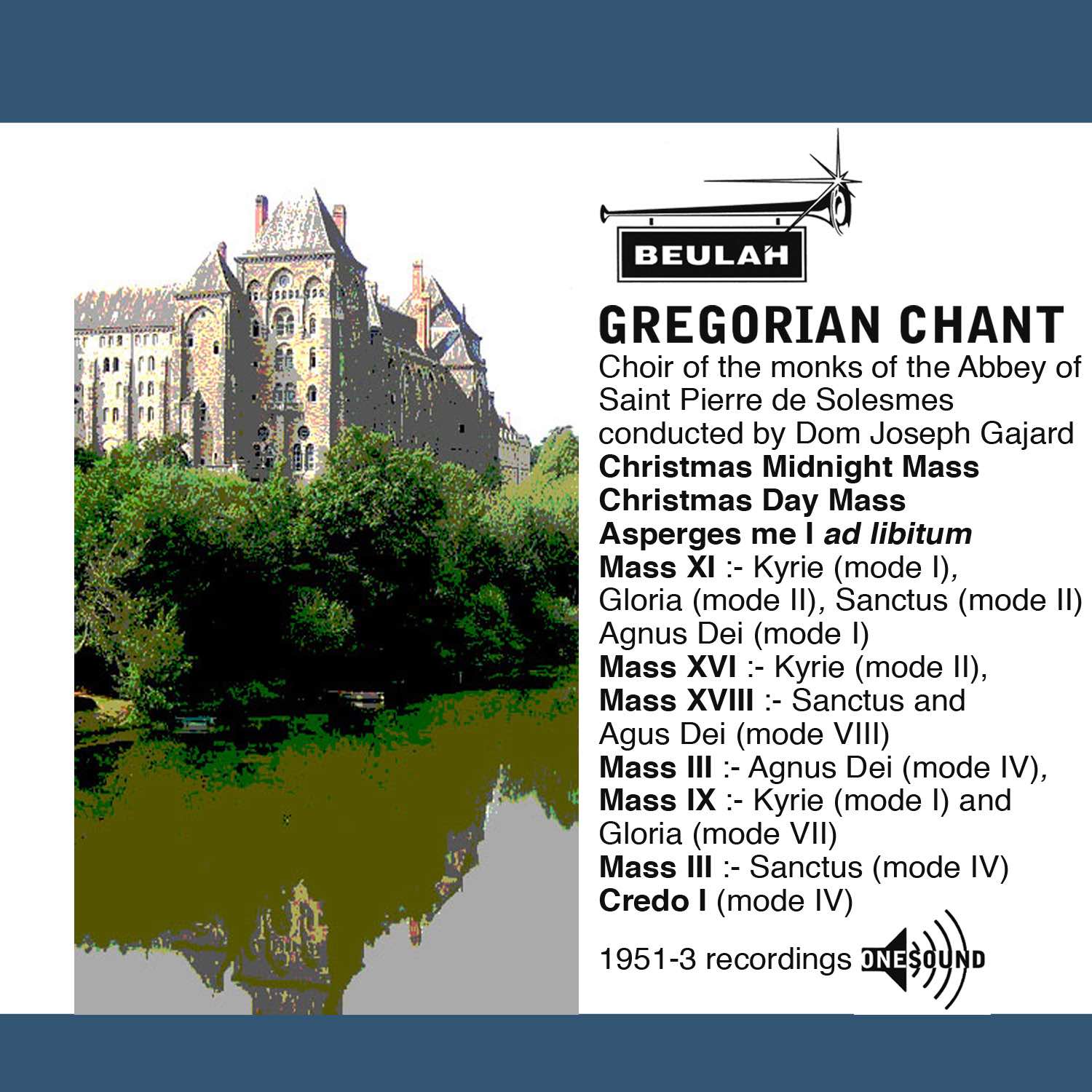
|

|
|
2PDR24
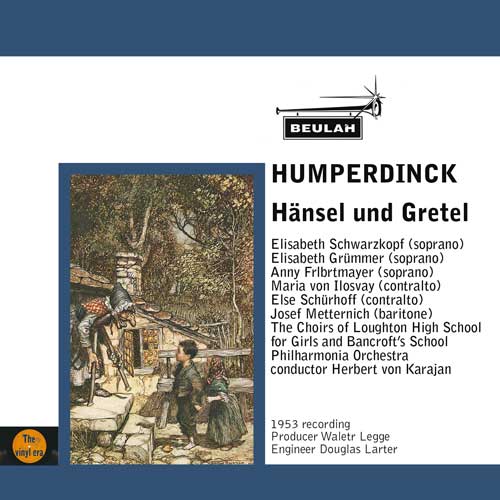
|


|
|
